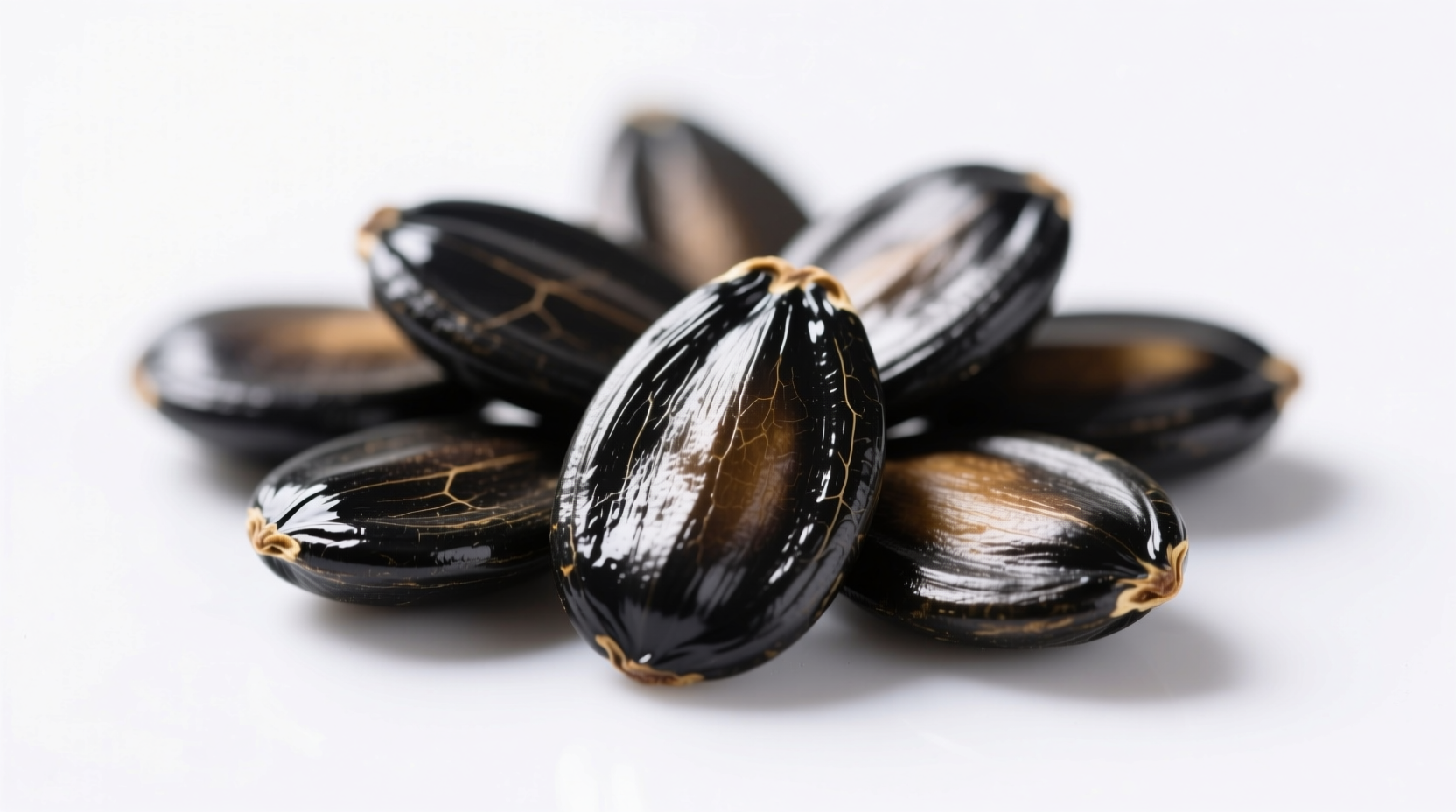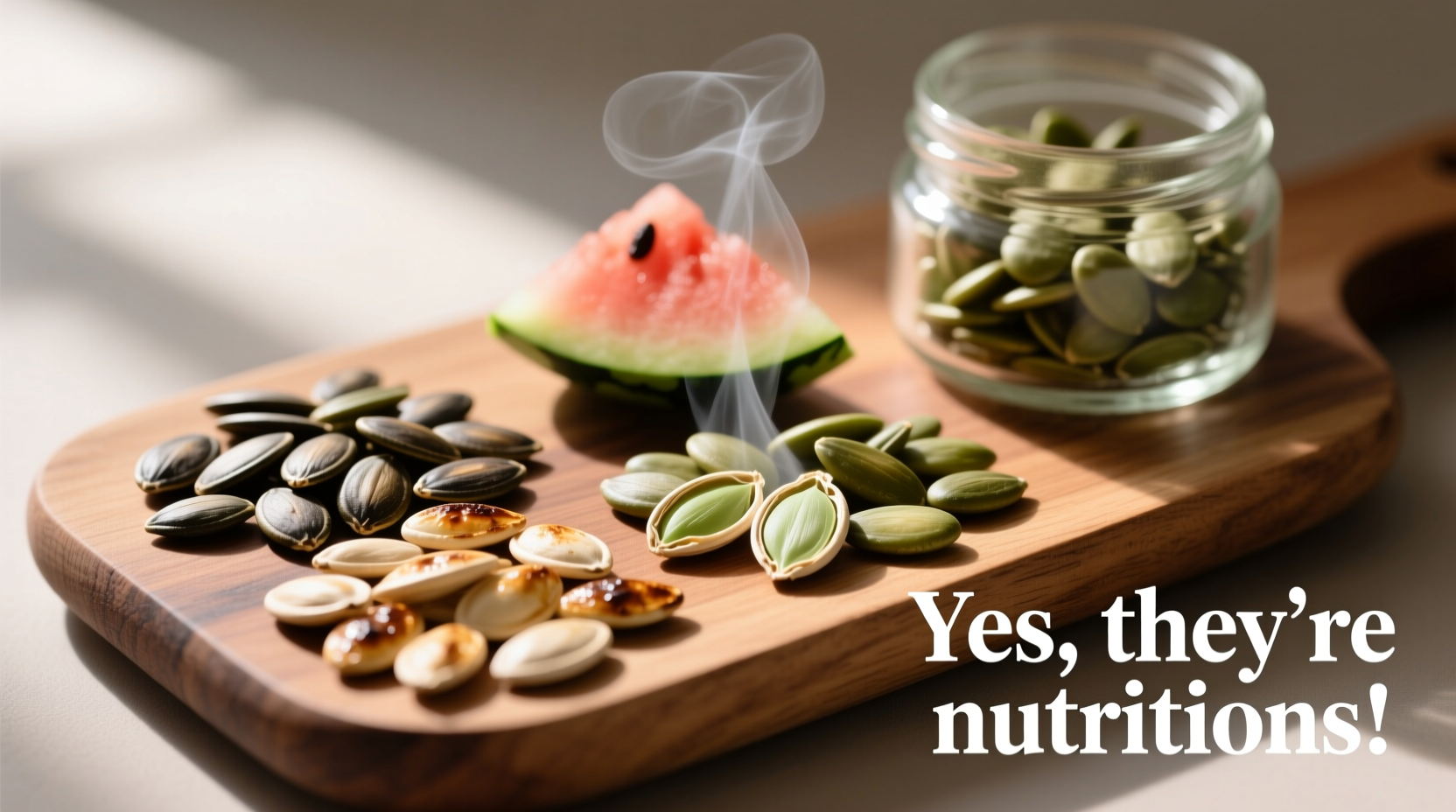Why You've Been Told Not to Eat Watermelon Seeds (And Why It's Wrong)
That childhood warning about watermelon seeds sprouting in your stomach? Pure myth. Your digestive system breaks down seeds efficiently, just like any other food. The idea that swallowed seeds could germinate inside you is biologically impossible—your stomach lacks the soil, sunlight, and proper conditions needed for plant growth.

What Actually Happens When You Eat Watermelon Seeds
When you consume watermelon seeds, your body processes them through normal digestion:
- Ingestion: Seeds enter your stomach along with other food
- Stomach processing: Gastric acids begin breaking down the seed coat
- Small intestine: Nutrients are absorbed while fiber passes through
- Elimination: Undigested portions exit your system within 24-48 hours
Unlike apple or cherry seeds which contain amygdalin (a compound that can convert to cyanide), watermelon seeds contain no toxic compounds. The National Institutes of Health confirms watermelon seeds pose no chemical toxicity risks when consumed normally.
| Seed Type | Digestible? | Nutritional Value | Potential Risks |
|---|---|---|---|
| Watermelon seeds | Yes (with chewing) | High in protein, magnesium, zinc | None in normal quantities |
| Apple seeds | No (contains amygdalin) | Minimal | Cyanide risk in large quantities |
| Cherry pits | No (contains amygdalin) | Minimal | Cyanide risk if crushed/chewed |
Nutritional Powerhouse You've Been Throwing Away
Those black seeds you've been spitting out contain impressive nutrition. According to USDA FoodData Central, one ounce (28g) of dried watermelon seeds provides:
- Protein: 10g (comparable to almonds)
- Magnesium: 37% of your daily value
- Zinc: 21% of your daily value
- Iron: 12% of your daily value
- Healthy fats: Primarily heart-healthy monounsaturated and polyunsaturated fats
Researchers at the Journal of Food Composition and Analysis found watermelon seeds contain significant amounts of arginine—an amino acid that supports cardiovascular health and blood flow.
Who Should Pay Attention to Seed Consumption
While watermelon seeds are safe for most people, certain groups should exercise moderation:
- People with digestive disorders: Those with Crohn's disease or diverticulitis may want to remove seeds if they trigger symptoms
- Young children: Whole seeds pose a minor choking hazard for children under 4
- Those on specific medications: The high magnesium content could interact with certain antibiotics
The Mayo Clinic notes that moderate consumption of watermelon seeds presents no health concerns for the general population and may contribute to a balanced diet.
How to Enjoy Watermelon Seeds Intentionally
If you want to take advantage of their nutritional benefits, try these preparation methods:
- Raw consumption: Simply chew ripe black seeds thoroughly for best nutrient absorption
- Dried and roasted: Rinse seeds, dry overnight, then roast at 325°F (163°C) for 15-20 minutes with light seasoning
- As seed butter: Blend roasted seeds into a spread similar to almond butter
- In smoothies: Add a tablespoon of ground seeds for protein boost
Chef Antonio Rodriguez, who specializes in maximizing ingredient potential, recommends: "Roasting brings out a nutty flavor that complements both sweet and savory dishes. Try adding toasted watermelon seeds to salads, yogurt, or even baked goods for extra crunch and nutrition."
Debunking Common Watermelon Seed Myths
Let's address some persistent misconceptions:
- Myth: Swallowing seeds causes appendicitis
- Fact: No scientific evidence links seed consumption to appendicitis
- Myth: Seeds take years to pass through your system
- Fact: Seeds typically exit within 24-48 hours like other fiber
- Myth: White seeds inside watermelon are dangerous
- Fact: White seeds are immature and even easier to digest than black seeds
The evolution of seed nutrition understanding shows how food myths persist despite evidence. Early 20th century dietary advice often warned against seed consumption due to limited digestive knowledge. Modern research, like the 2018 NIH study on cucurbitaceae seeds, confirms many traditional seed-avoidance recommendations were unfounded.
Practical Takeaways for Watermelon Lovers
You don't need to meticulously remove every seed from your watermelon. For most people:
- Eating seeds accidentally is completely harmless
- Chewing black seeds improves nutrient absorption
- Intentional consumption offers nutritional benefits
- No risk of seeds growing in your digestive tract
- White seeds require no special attention
When enjoying watermelon, focus on the fruit's high water content and lycopene benefits rather than worrying about seeds. If you prefer seedless varieties for convenience, that's fine too—but don't fear the seeds if they appear in your slice.











 浙公网安备
33010002000092号
浙公网安备
33010002000092号 浙B2-20120091-4
浙B2-20120091-4